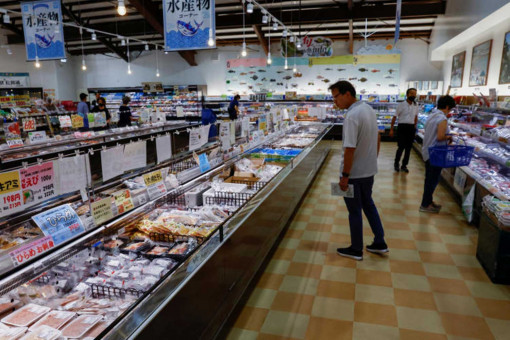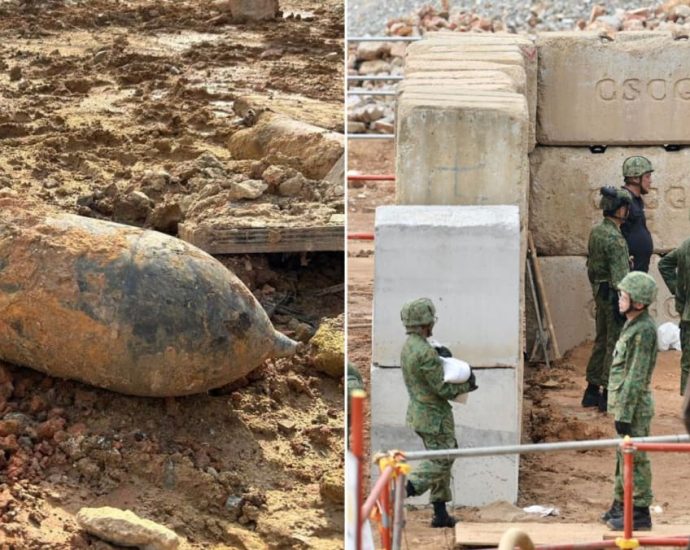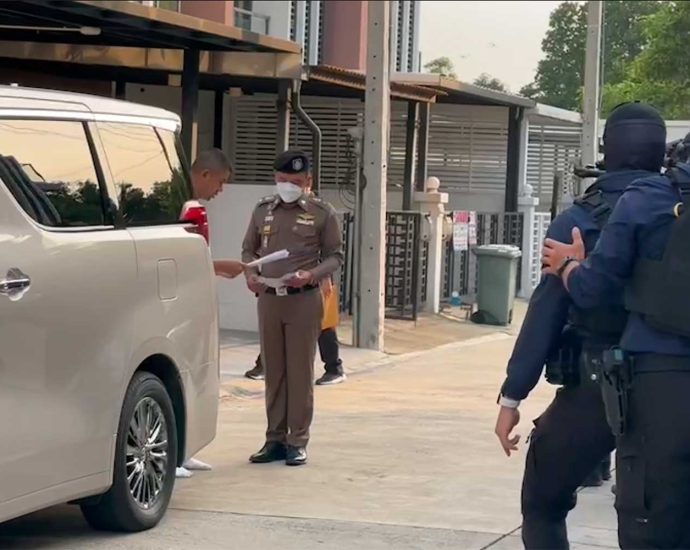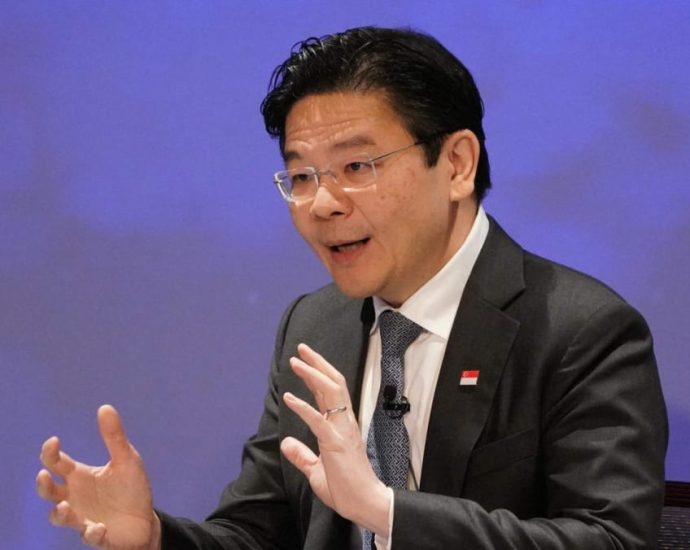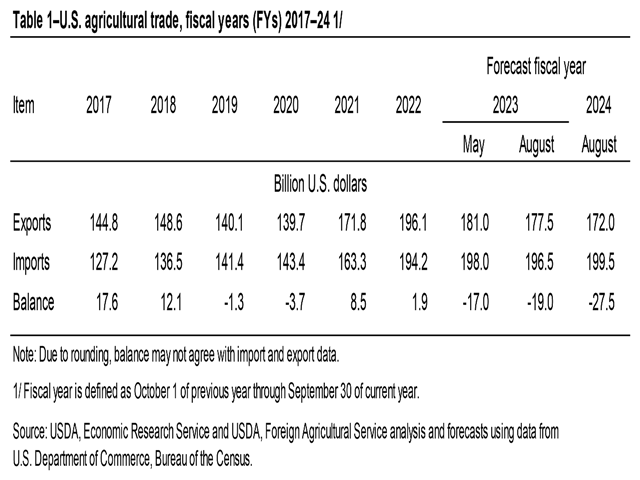Seafood imported from Japan is safe, says FDA
PUBLISHED : 25 Sep 2023 at 12:28
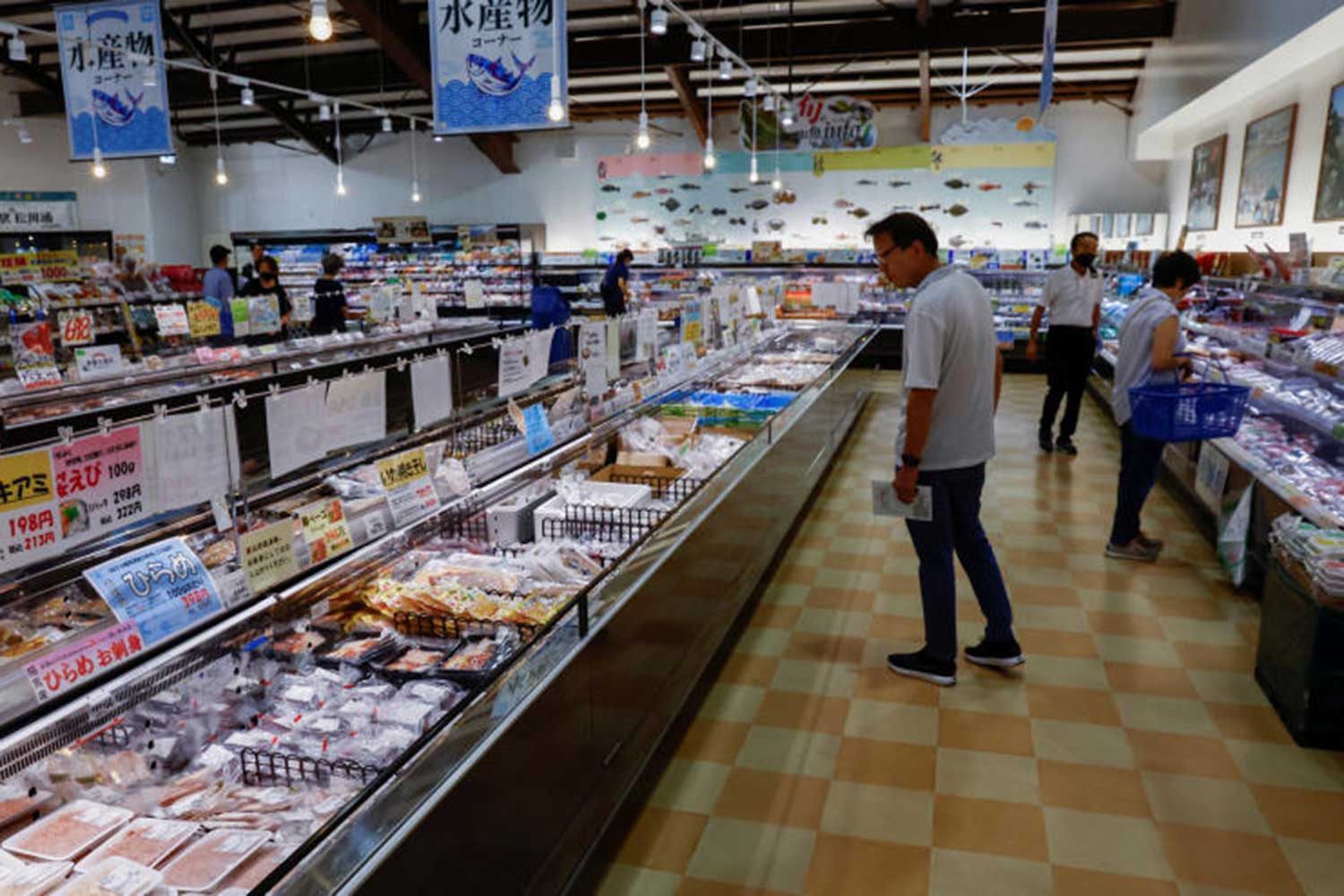
Tests on samples of seafood imported from Japan have so far revealed no traces of radioactivity beyond international standards and consumers can rest assured the food is safe to eat, the Food and Drug Administration (FDA) said on Monday
The assurance comes amid international consumer concerns over the release of stored water from the tsunami-destroyed Fukushima nuclear power plant.
FDA deputy secretary-general Lertchai Lertvut said on Monday that strict safety measures had been enforced on seafood imported from Japan since it begun releasing treated radioactive water from the Fukushima plant into the Pacific Ocean on Aug 24, 12 years after the nuclear meltdown.
He said 75 samples of imported seafood such as squid, molluscs and crabs had been collected for quantitative analyses of caesium-134 and caesium-137 content by the Office of Atoms for Peace of the Ministry of Higher Education, Science, Research and Innovation.
The results for 42 of the 73 samples showed no radioactive traces exceeding international standards. Analyses of the 33 other samples were still underway.
If any samples were found to be contaminated with radioactivity, the imported seafood would be destroyed and its importation suspended, Mr Lertchai said.
Mr Lertchai said consumers can be sure that the FDA has taken proper measures to ensure all imported seafood is free of radioactive contamination.

